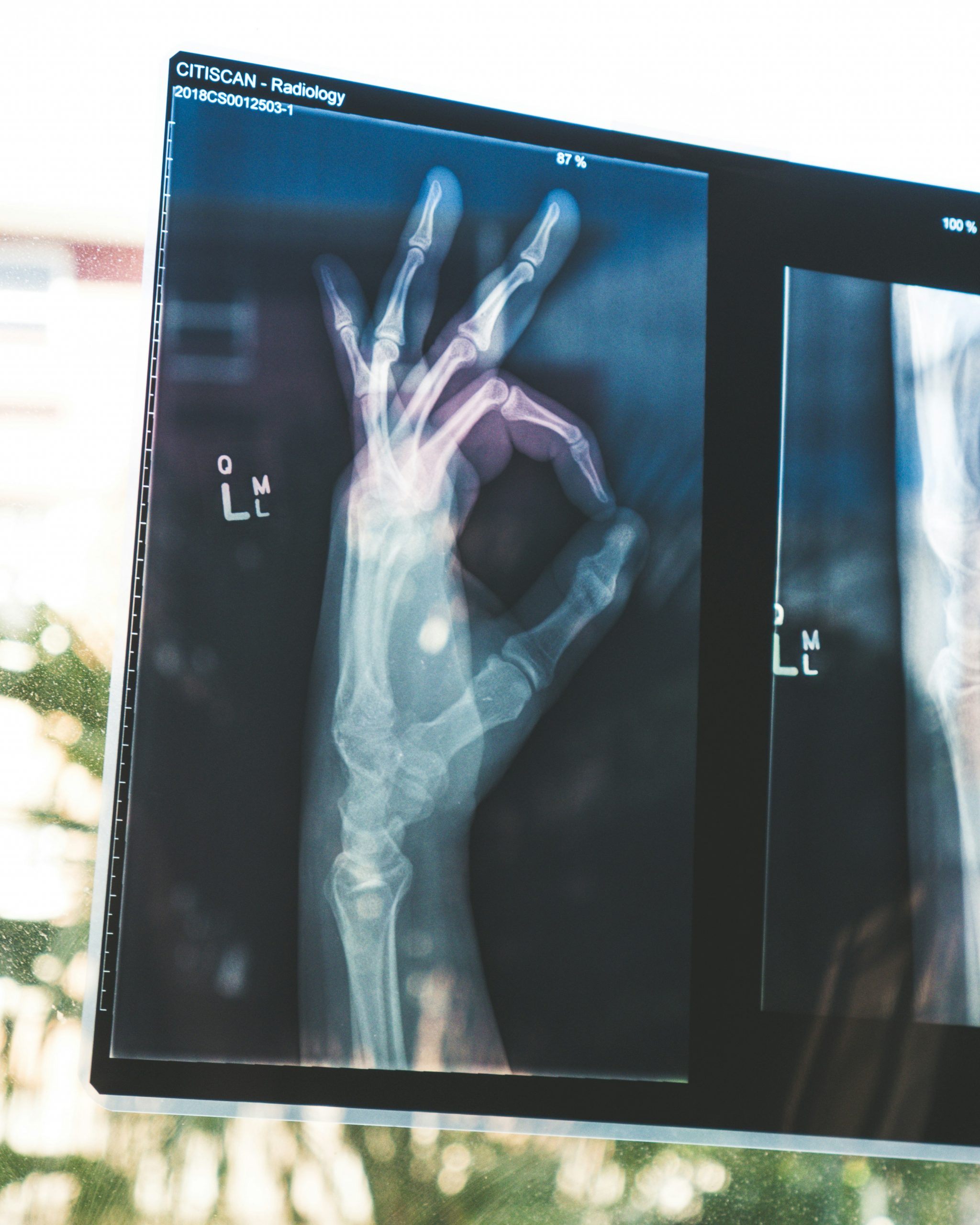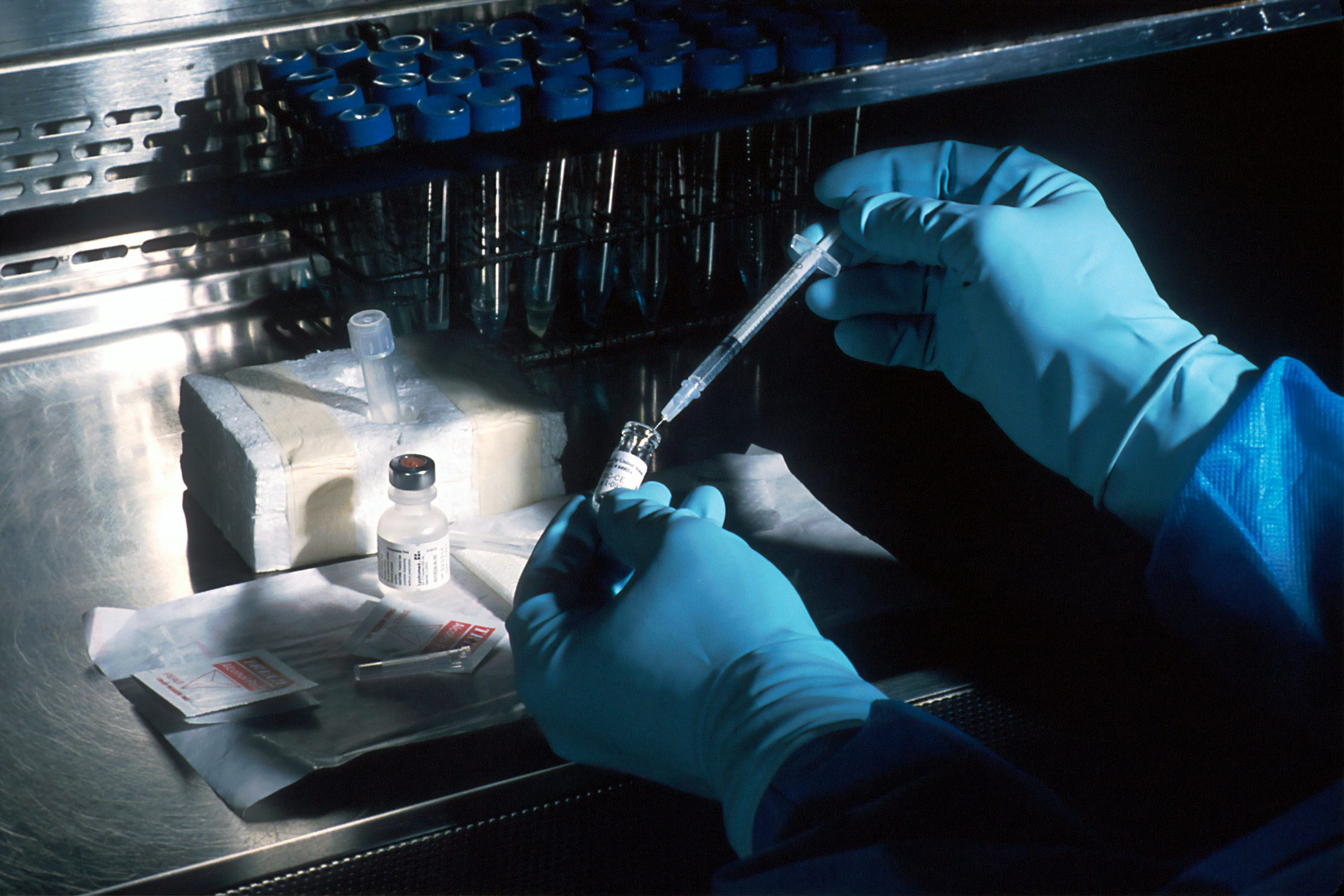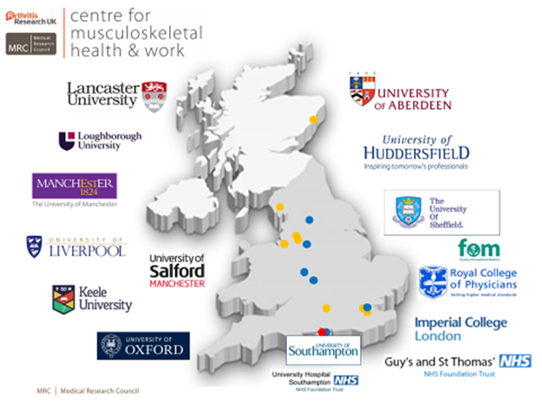Programme 2
This programme concerns musculoskeletal health in the middle years of the lifecourse when people attain and consolidate their maximal physical function and peak bone and muscle mass, before progressing gradually into the involution that heralds the ageing process. These physiological changes take place whilst people are at their most productive economically. Our focus is on the effects of work on musculoskeletal health in preparation for healthy ageing, and on ways to minimise the adverse impacts of illness and disability on capacity to work.
Our aims are to:
- reduce the disability for work caused by musculoskeletal disorders
- further explore the impacts of working to older ages on health and future healthy retirement
- prevent musculoskeletal disorders caused by work
As part of its activities, our group leads and coordinates a national centre of excellence, the Centre for Musculoskeletal Health and Work, which is co-funded by Versus Arthritis and MRC. This is a pan-UK multi-disciplinary collaboration involving >60 scientists, which is led from Southampton and involves seven other universities. The Centre’s overarching aim, to minimise the adverse impacts of musculoskeletal disorders (MSDs) on ability to work, complements those of the rest of the programme, and the Centre supports researchers who also work in parts of the programme. The Centre supports a much needed expansion of research capacity in its field; provides a national resource meeting the needs of the diverse stakeholders; and enables researchers to respond rapidly to policy-makers in an economically important area.
Our group also leads the Health and Employment After Fifty (HEAF) Cohort Study. The HEAF cohort (n=8,134) was recruited during 2013-14 from 24 general practices across England (Figure 2.6). People were eligible if they were aged 50-64 years at baseline, whether or not they were in work. A particular strength of the study was that all of the source practices contributed anonymised patient data to the Clinical Practice Research Datalink (CPRD), and 97% of HEAF participants provided written, informed consent for us to access this objective health information, which also includes Hospital Episode Statistics.
Participants have completed annual questionnaires since baseline, providing detailed information about their health, musculoskeletal pain, work (physical and psychosocial aspects), nutrition, caring responsibilities, retirement plans and financial circumstances. A second consent was obtained after the third annual questionnaire and the cohort retains >6000 members with >93% of these returning the most recent questionnaire. At the time of writing, we have entered, cleaned and started to analyse the 2-year follow-up questionnaire, are cleaning the 3-year follow-up questionnaire, are entering the data from the 4-year questionnaire, and are planning the content for the fifth follow-up questionnaire to be posted 2019.
Centre for Musculoskeletal Health & Work
Psychosocial risk factors and health beliefs
Health and Work at older ages
Occupational Mortality
Other occupational hazards
Musculoskeletal disorders

Key Discoveries

Ongoing Research

